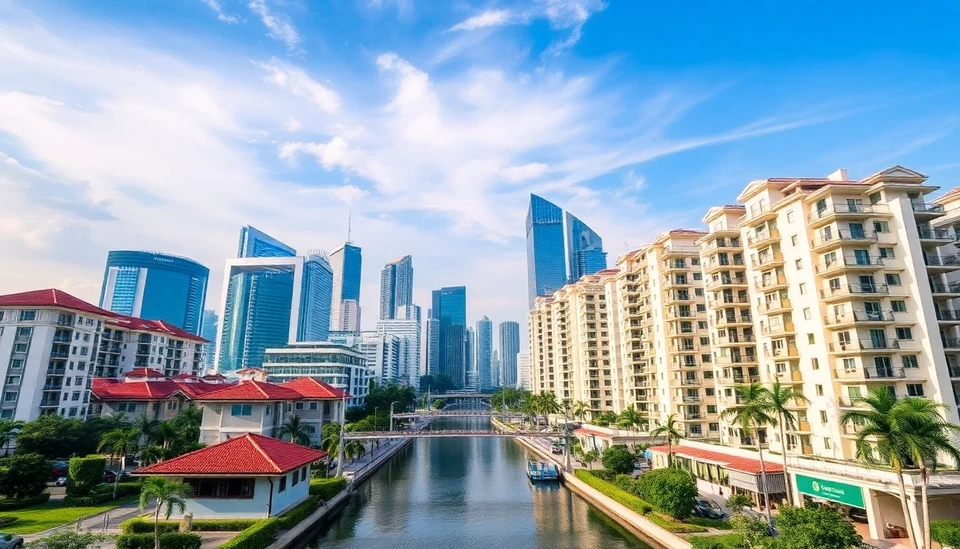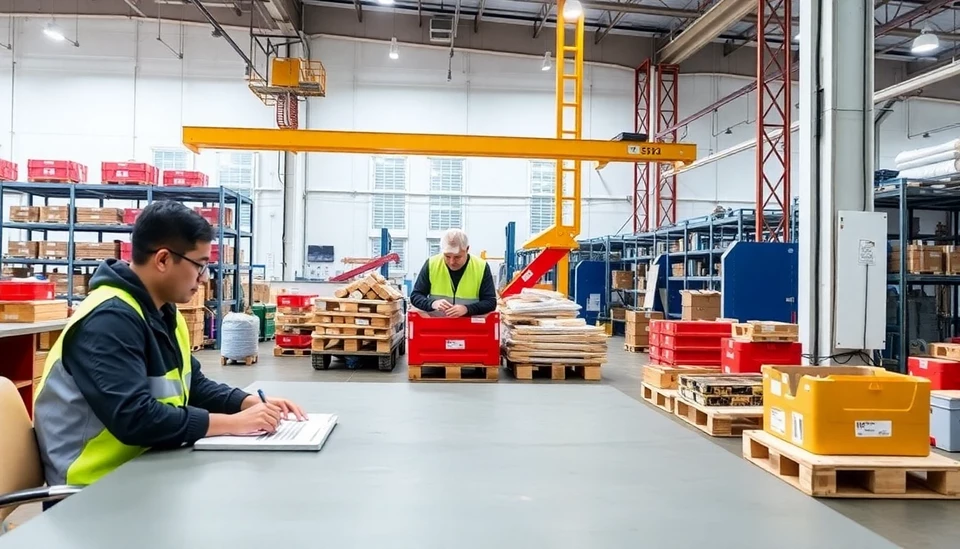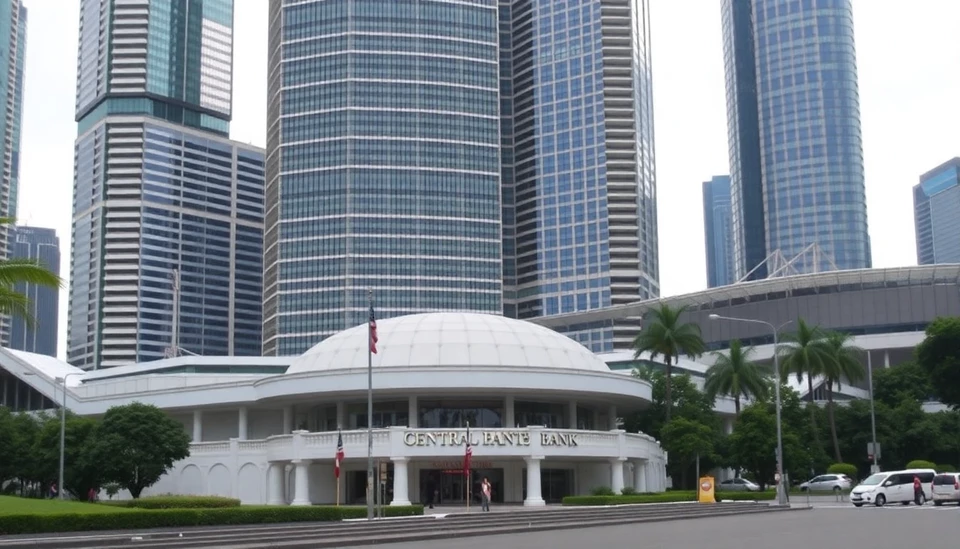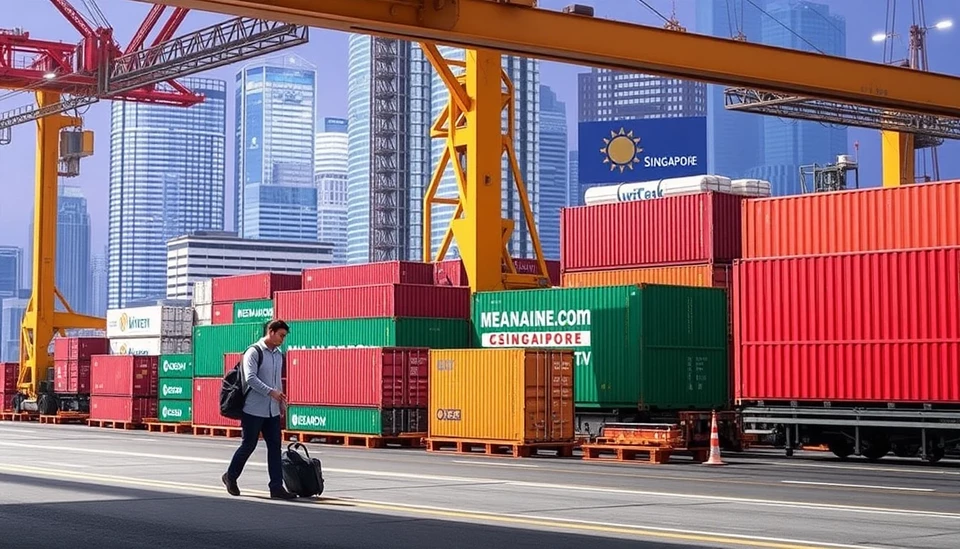
In a notable shift in Singapore's real estate landscape, the vibrant home sales that once characterized the market are experiencing a significant cooling off. Recent data indicates that the sales of new homes have dropped sharply, leading analysts to survey potential consequences on property prices as concerns over potential tariffs loom large.
In March, new home sales fell to approximately 575 units, reflecting a dramatic decrease of about 43% in comparison to the previous month. This decline marks the lowest figures recorded for any March month since 2017, stirring worries among industry experts looking for indicators of how the broader economic landscape might influence housing demand.
The cooling trend is primarily attributed to shifting buyer sentiment and an increasing wariness regarding the possibility of new tariffs being imposed, which could alter the dynamics of Singapore's property market. Investors are closely monitoring potential geopolitical tensions and their subsequent effects on the costs of construction materials, particularly in light of rising global inflation.
Analysts have noted that recent government measures aimed at restraining housing prices may also contribute to the downturn. These measures are designed to prevent the kind of runaway price growth experienced in previous years, but the result could be an upset in investor confidence. The government aims to balance the demand and supply framework within the housing market, yet the evolving landscape suggests that market participants are reconsidering their positions.
Adding to these concerns, commentators have observed that while Singapore has fostered a robust property development environment, the current conditions could lead to a reevaluation of upcoming projects and investments. With a potential escalation in tariffs, developers might become increasingly cautious about pursuing major projects, fearing that rising costs could stymie potential profitability.
Looking ahead, industry experts assert that while some short-term volatility is expected, the long-term outlook for Singapore's property market will heavily depend on how policymakers respond to the emerging economic challenges. Ultimately, the intersection of local housing policies and global economic conditions will play a critical role in shaping buyer confidence and market momentum in the months to come.
As Singapore navigates this uncertain terrain, both buyers and sellers are urged to remain vigilant and adjust their strategies according to evolving market dynamics and economic signals. The ongoing dialogue surrounding tariffs and their repercussions echoes throughout various sectors, emphasizing the interconnectedness of global trade and local property markets.
As this story unfolds, stakeholders from real estate investors to prospective homebuyers will be keeping a watchful eye on developments, ensuring that they are prepared for whatever market conditions may arise next.
#Singapore #RealEstate #HomeSales #Tariffs #MarketTrends #PropertyMarket #EconomicOutlook #Investment #HousingPrices
Author: Rachel Greene




